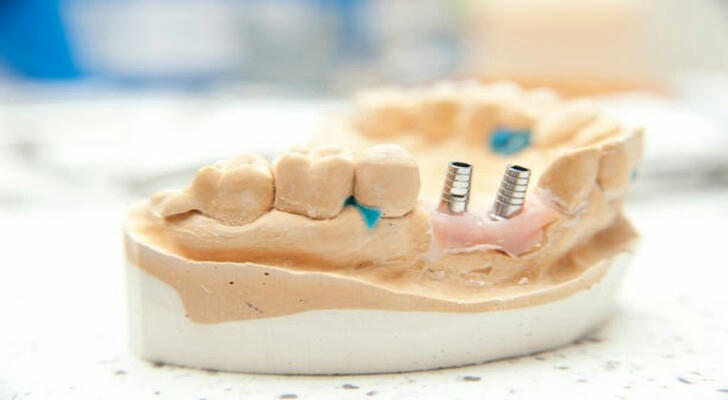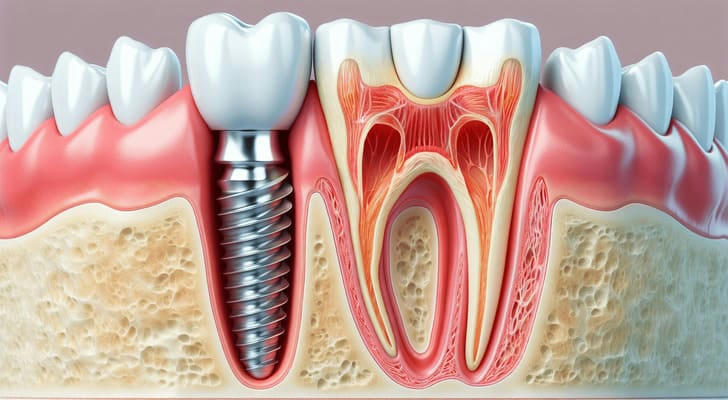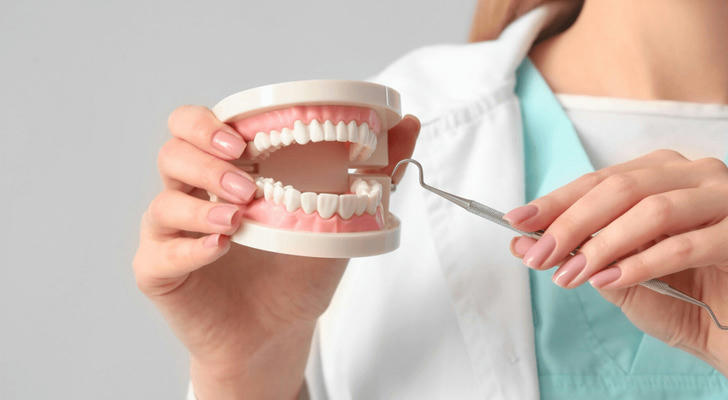Dental Implants: Are They Safe

Do you shy away from social situations? Or cover your mouth when you smile? Do you rarely smile for photos? Missing teeth can take a toll on your oral health. But it can also take a toll on your mental and emotional health. Dental implants are a popular choice for most people, with dental offices placing more than 3 million implants each year in the United States. Dental implants can restore your smile and confidence.
What Are Dental Implants?
Dental implants are titanium or ceramic posts inserted into your jawbone to hold artificial teeth. They act like the roots of your natural teeth to provide a strong foundation for fixed (permanent) or removable replacement teeth that are made to match your natural teeth. They provide support for artificial teeth like crowns, bridges, and dentures. They may take several surgeries and a few months to heal. Once healed, you can use them just like your natural teeth, and with good care, they can last for a lifetime.
The Difference Between Dental Implants and Dentures
Dental implants are titanium posts that are permanently placed into your jawbone. They act as artificial roots, providing a base for your dentist to attach a replacement tooth. Dentures, on the other hand, are not replacements but substitutes for missing teeth. They are usually made from metal, acrylic, or nylon and have porcelain teeth. Dentures are removable and rest on top of your gums.
Types of Dental Implants
There are several types, each designed to meet different needs and conditions. Here's a breakdown of the most common types:
1.Endosteal implant: This is the most common type. It often looks like a screw, cylinder, or blade and is placed in your jawbone during surgery. Each implant can support one or more artificial teeth. It’s a great choice for people who already use bridges or removable dentures and is suitable for most patients with healthy jawbones.
2.Subperiosteal implant: This type is placed on top of the jaw, with metal posts sticking out through the gums to hold the artificial teeth. It's a good choice for people who can't use removable dentures or don't have enough bone in their jaw for an endosteal implant.
3.Zygomatic Implants: These implants are placed in the cheekbone (zygomatic bone) instead of the jawbone. They are longer and used when there is severe bone loss in the jaw. They are often used instead of bone grafting for people who have lost a lot of bone in their upper jaw.

Who Needs Dental Implants?
Dental implants are a good option for most people who are missing one, a few, or all of their teeth, as well as for those looking to improve their smile. If you’re healthy enough to have a tooth taken out or get a root canal, you’re likely a candidate for dental implants. For example, Mr. Zhang, a 45-year-old company manager, had dentures that kept slipping, which made him speak unclear and feel embarrassed during business meetings and social events. Eating was also uncomfortable. After seeing a dentist, Mr. Zhang chose to get dental implant surgery. The treatment cost $3,650, and even though it was expensive, the improved oral comfort and quality of life made him feel that it was a valuable investment.
You're an ideal candidate if you:
1.Be in good overall health and have healthy teeth and gums
2.Have a fully developed jawbone
3.Have healthy gums with no signs of gum disease
4.Not smoking
5.Are willing to spend several month to cure
Benefits of Dental Implants
Dental implants have many advantages compared to dentures, including:
1.Durability: If properly maintained and checked regularly, dental implants can last for many years, even a lifetime.
2.Strong stability: Dental implants stay securely in place because they bond with the jawbone. Unlike dentures, which can slip around and make it hard to speak clearly.
3.Better oral health: Dentures that slip can lead to gum pain and infections. Implants, on the contrary, fit between your teeth and can be brushed and flossed just like natural teeth. In addition, implants don’t wear down nearby teeth, helping to keep your other teeth healthy and reducing potential oral problems.
4.Prevent bone loss: When you lose teeth, bone loss usually occurs due to lack of root stimulation. Dental implants can act as natural tooth roots and help maintain jawbone health, thus preventing bone loss.
5.Better appearance: Dental implants make your teeth look and work like natural ones, so you can smile and talk confidently and feel good about yourself.

What are the complications of dental implants and subsequent maintenance
After getting a dental implant, it’s normal to have a bit of bleeding and swelling. However, like with any surgery, there is a chance of complications.
Complications are uncommon, but may include:
1.Damage to nearby teeth
2.Delayed jawbone healing
3.Infection
4.Jaw fractures
5.Nerve damage
6.Severe bleeding
7.Sinus damage

To minimize the risk of these complications, it is very important to take the following measures:
1.Choose an experienced dentist: Make sure the doctor has enough experience and skills to perform the implant surgery.
2.Perform an evaluation: A detailed examination and imaging evaluation can help the doctor develop the best treatment plan.
3.Maintain good oral hygiene: Strictly follow the doctor's instructions for oral care after surgery to avoid infection. For example, using a special antibacterial mouthwash twice a day and avoiding brushing the surgical site for a certain period of time.
4.Follow postoperative care recommendations: Follow the doctor's instructions for postoperative care, including taking prescribed medications, regular checkups, etc.
By taking these precautions, you can reduce the chances of complications and increase the success of your dental implant treatment.
Conclusion
Dental implants present a durable and lasting solution for those seeking to replace missing teeth, offering long-term option. Your dentist has the expertise to customize the treatment plan specifically to your individual needs, ensuring that the solution fits perfectly with your oral health requirements. Whether you find yourself missing a single tooth, multiple teeth, or even all of your teeth, dental implants could be a viable and effective option to consider.
